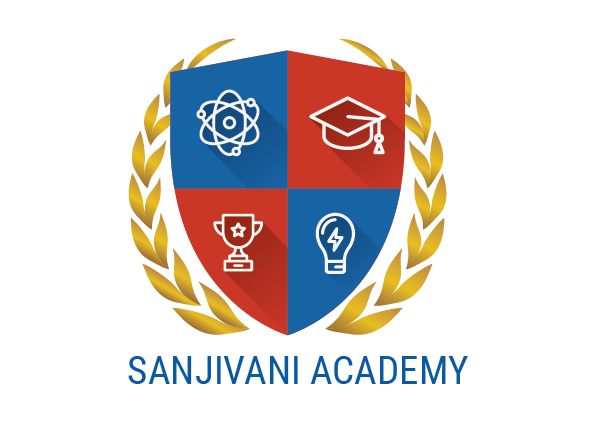At SA, We find the characteristics of Learning among Pupils with Learning Difficulties
| 3.1 | Pupils under IRTP usually have one or more than one of the following learning difficulties: | |
| poor memory | ||
| short attention span and are easily distracted by other things | ||
| relatively poor comprehensive power | ||
| lack of learning motivation | ||
| lack of self-confidence and relatively low self-expectation | ||
| weak in problem-solving power | ||
| fail to grasp information effectively and mix things up easily | ||
| have difficulty in understanding new/abstract concepts | ||
| fail to transfer knowledge to the related learning areas appropriately | ||
| need more time to complete assignments or tasks | ||
| 3.2 | Apart from various learning difficulties, pupils may have different abilities and styles of learning. Some are better in visual learning while others are more competent in audio learning. Certain pupils learn through sense of touch or practical experiences. Remedial teachers, therefore, design diversified teaching activities and adopt various teaching methods to help students develop their potential and remove the obstacles in learning. | |
Objectives of Remedial Teaching at SA
| 3.3 | Each pupil is different in terms of learning ability, academic standards, classroom learning and academic performance, and each has his own in learning. The aim of IRTP at SA is to provide learning support to pupils who lag far behind their counterparts in school performance. By adapting school curricula and teaching strategies, teachers provide learning activities and practical experiences to students according to their abilities and needs. Teachers design individualized educational programmes with intensive remedial support to help pupils consolidate their basic knowledge in different subjects, master the learning methods, strengthen their confidence and enhance the effectiveness of learning. |
| 3.4 | Throughout the teaching process, teachers provide systematic training to develop pupils’ generic skills, including interpersonal relationship, communication, problem-solving, self-management, self-learning, independent thinking, creativity and the use of information technology. Such at training at SA lay the foundation for pupils’ life-long learning, help them develop positive attitudes and values, as well as prepare them for future studies and career |

